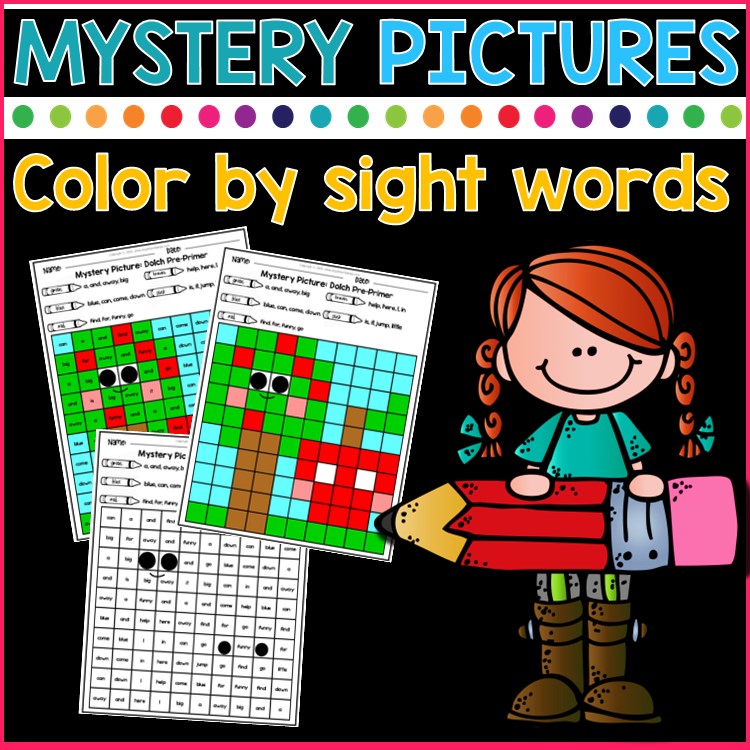
It’s significant for starting perusers to foster a bank of sight words to help their initial perusing. Assuming you’re considering how to show sight words to kindergarteners and preschoolers, an errand should be possible, yet it will require investment. Peruse on for a few extraordinary tips to kick them off right on time.
Starting perusers ought to foster sight words to help early swiss knock off watches perusing. These are tips en route to show sight words to kindergarteners and pre-k.
What are Sight Words?
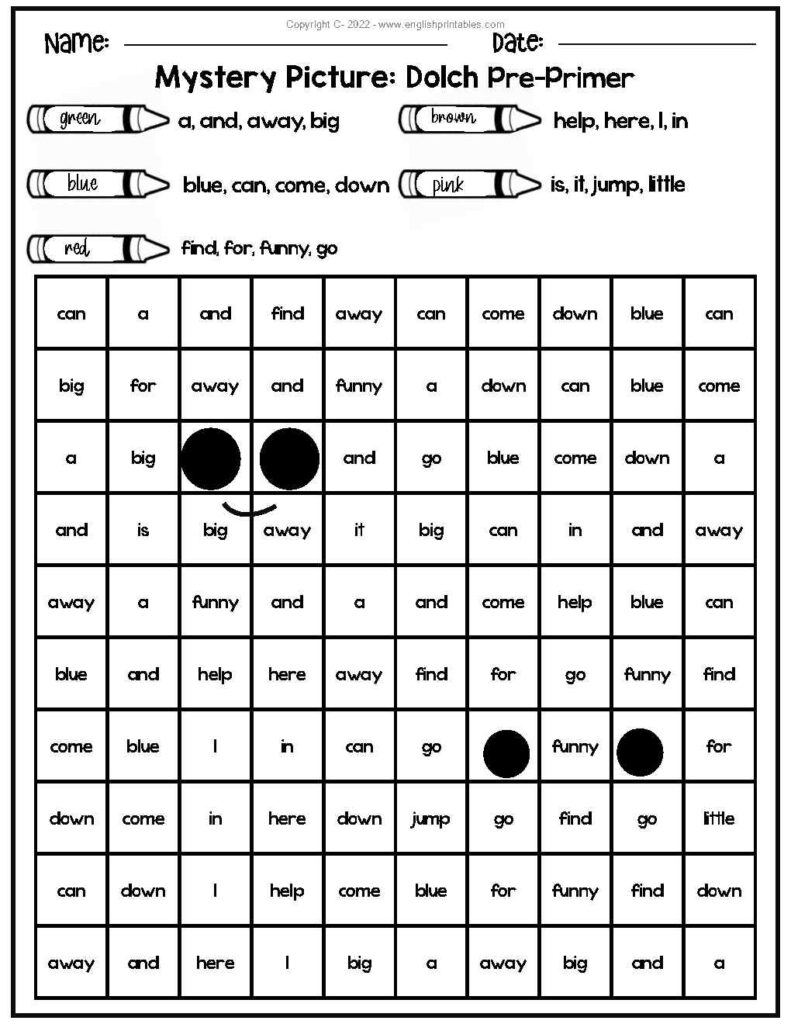
Sight words are likewise alluded to as “high recurrence words” since they are words that show up most often in texts.
A few instances of early sight words are “the,” “I,” “a,” and “am.” As kids progress with their perusing, they can start to pursue perceiving longer sight words, for example, “they,” “said,” “where,” and “have.”
The objective is for kids to perceive sight words in a split second, without expecting to dedicate a lot of work to sound them out. This opens up their endeavors for words that require more systems to settle.
For instance, a book composed for a starting peruser may incorporate the sentence starter, “I’m” on each page, with endings, for example, “swimming” or “running” finishing each sentence. Youngsters with an advanced bank of sight words cheap Replica Watches uk can quickly and easily perceive the words “I” and “am.”
This permits them to zero in on their promise settling techniques on the last word in the sentence. They might utilize procedures, for example, making the primary sound and taking a gander at the image signal.
Starting perusers ought to foster sight words to help early perusing. These are tips headed to show sight words to kindergarteners and pre-k.
When to Teach Children Sight Words
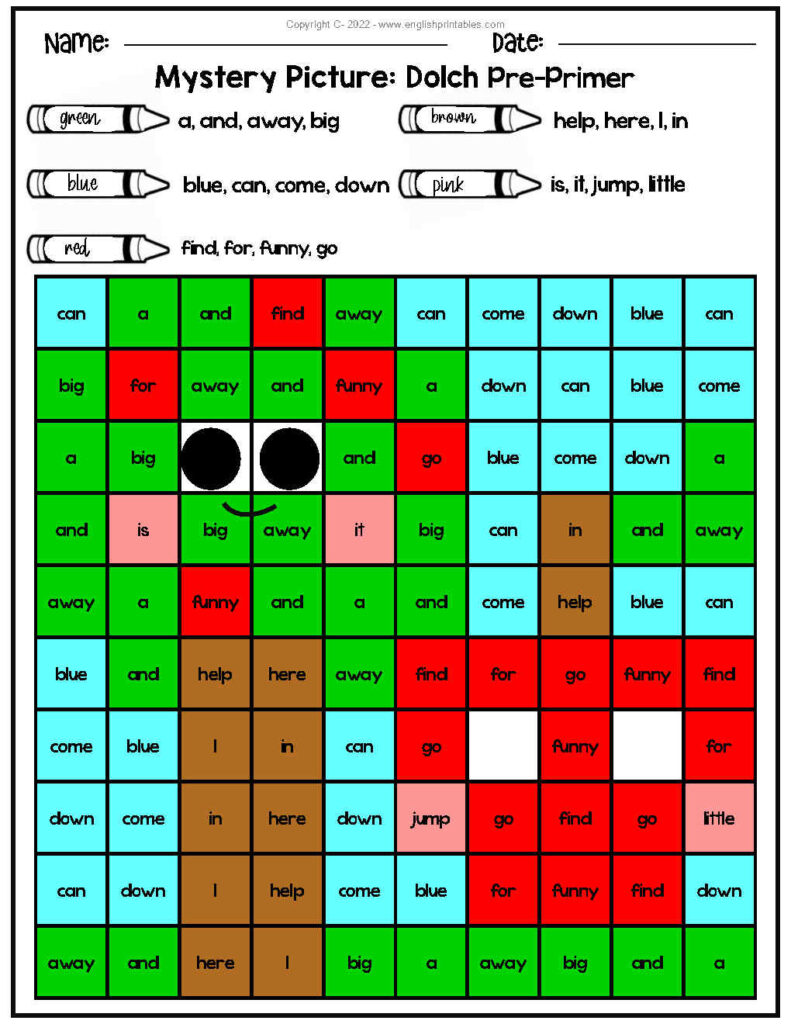
Few out of every odd youngster is prepared for sight words simultaneously. Like talking and strolling, learning sight words is a formative stage that youngsters start at various ages. As a rule, it ought not to be before around five years old.
Prior to learning sight words, ensure the youngster created a pre-understanding way of behaving. When your youngster starts showing an swiss watches replica uk interest in letters and words, it demonstrates that a kid is developing nearer to perusing.
Youngsters don’t need to perceive each letter before they start learning sight words. A couple of letters and their sounds will allow them to get everything rolling with pre-groundwork sight words.
Instructions to Teach Sight Words
It can require investment for youngsters to learn sight words relying upon their age, inspiration, and mental abilities. In any case, showing sight words with the right methodologies can assist any youngster with improving rapidly.
On the off chance that you’re searching for how to show sight words to kindergarteners or preschoolers, here are a few incredible tips and procedures to do as such.
1. Begin with a Small List of Words
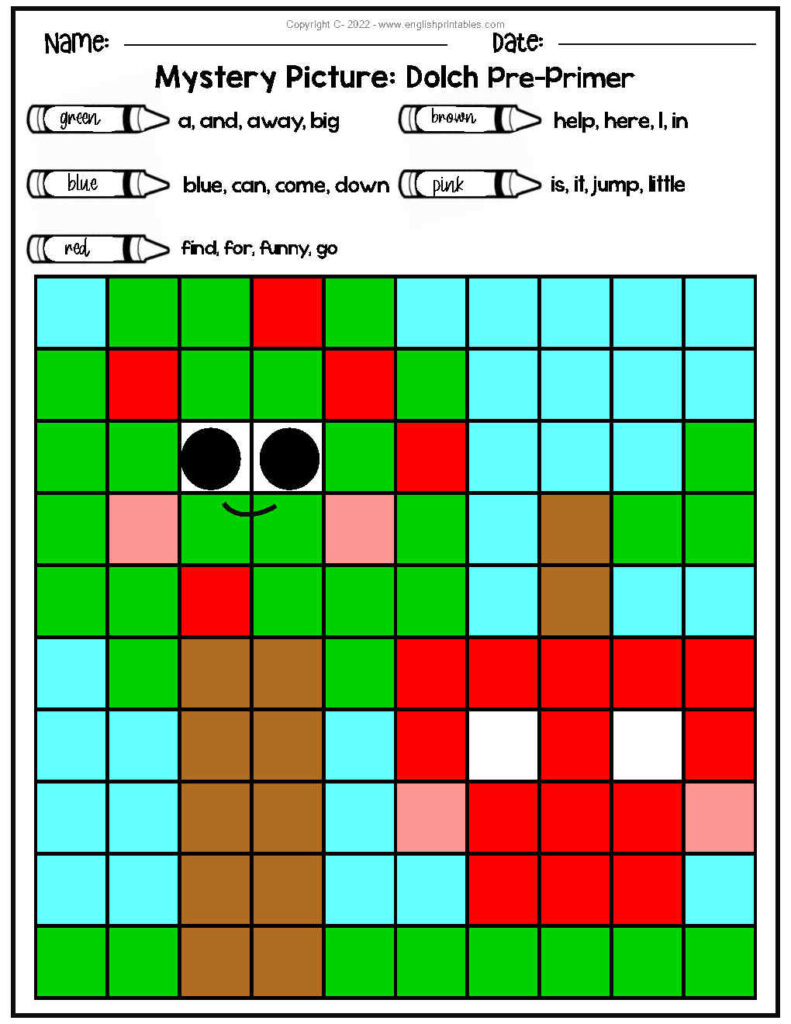
It is not difficult to track down arrangements of sight words to start acquainting with small kids. Nonetheless, instructors must don’t overpower starting perusers with not insignificant arrangements of words to learn. Start with a couple of words that you might want to zero in on. Offer youngsters many chances to rehearse these words and harden their learning, prior to presenting more words.
2. Make it Motivating

Kids can be inspired to learn sight words that hold individual importance to them. For instance, a kid might appreciate figuring out how to peruse “mother” or “father.”
Likewise, making fast progress with sight words can inspire youngsters to continue to peruse. Learning sight words like “I” and “a” might be simpler than different words and give kids a moment of support in their understanding certainty.
- Try not to Introduce Visually Similar Words Together
Remember that youngsters who are figuring out how to peruse may find outwardly comparative words befuddling. For instance, it is entirely expected for starting perusers to stir up the words “the” and “here.”
To scale back the disarray, don’t present outwardly comparable words simultaneously. Likewise, ensure that kids have a strong review of the primary word prior to presenting the second.
- Careful discipline brings about promising results
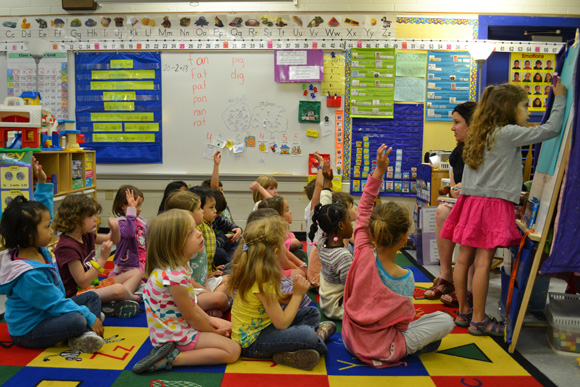
As you present new sight words, keeping on returning to recently educated words is exceptionally useful. Regardless of whether they appear to have dominated a word when you present new words, they might forget what was recently realized.
Keep on returning and reteach or test your youngsters on recently educated words to ensure that they actually recollect them.
Worksheets can furnish youngsters with an assortment of ways of checking on their developing bank of sight words. Shading, coordinating, composing, and perusing exercises all assist to set their sight word acknowledgment.
- Use Books for carrying Over
A vital part of learning sight words is to remember them in the setting. A few kids might have the option to distinguish a sight word inside a rundown of words or on streak cards, yet when it comes up in a book, they experience difficulty.
Kids ought to be presented with an assortment of books at their ongoing perusing level that incorporates sight words you have been rehearsing. Picking “perfectly” books is significant.
Requesting that youngsters read books that are extremely troublesome can make a disappointment. To learn new words, practice word-addressing methodologies, and sight word acknowledgment, youngsters need experience perusing books at their educational level – not excessively hard, and not excessively simple.
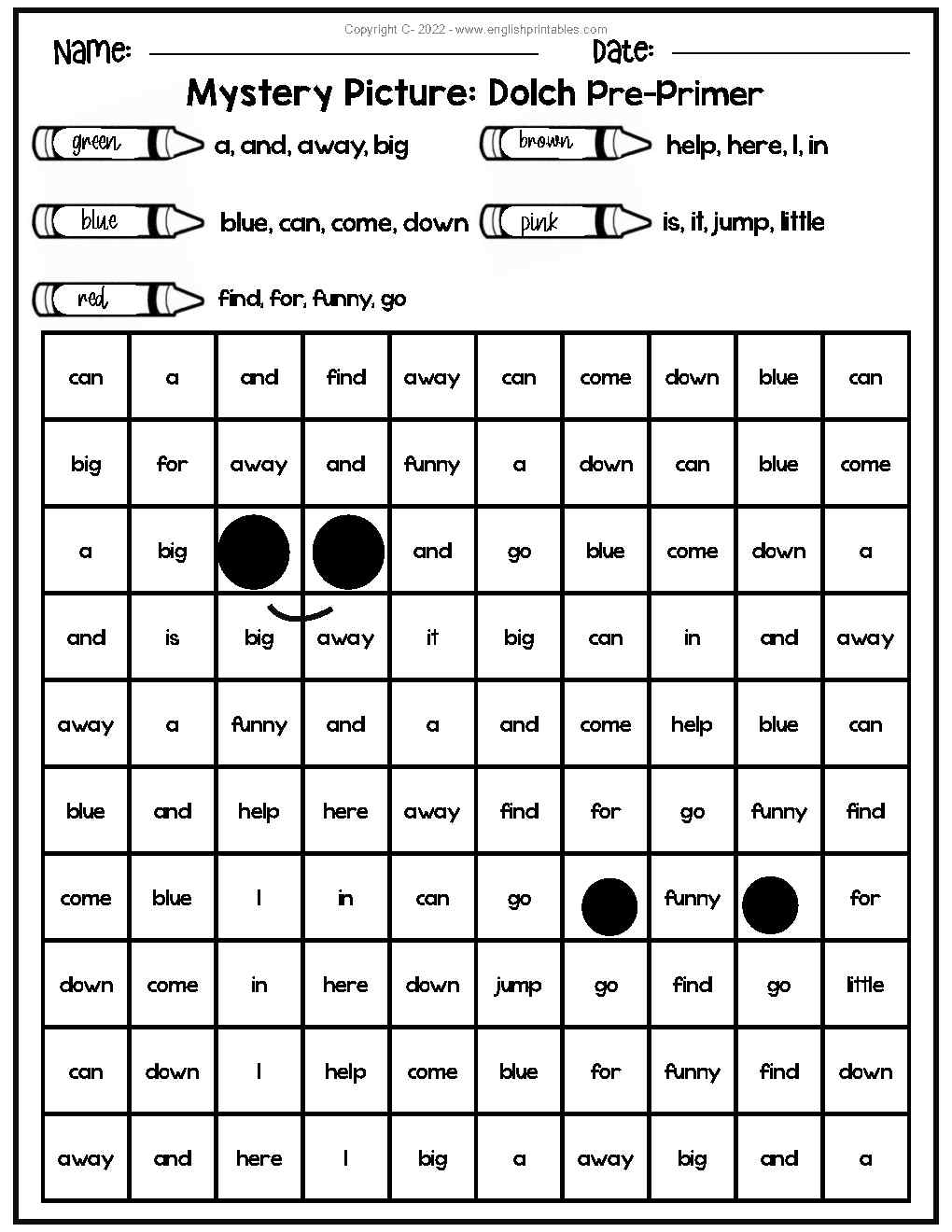
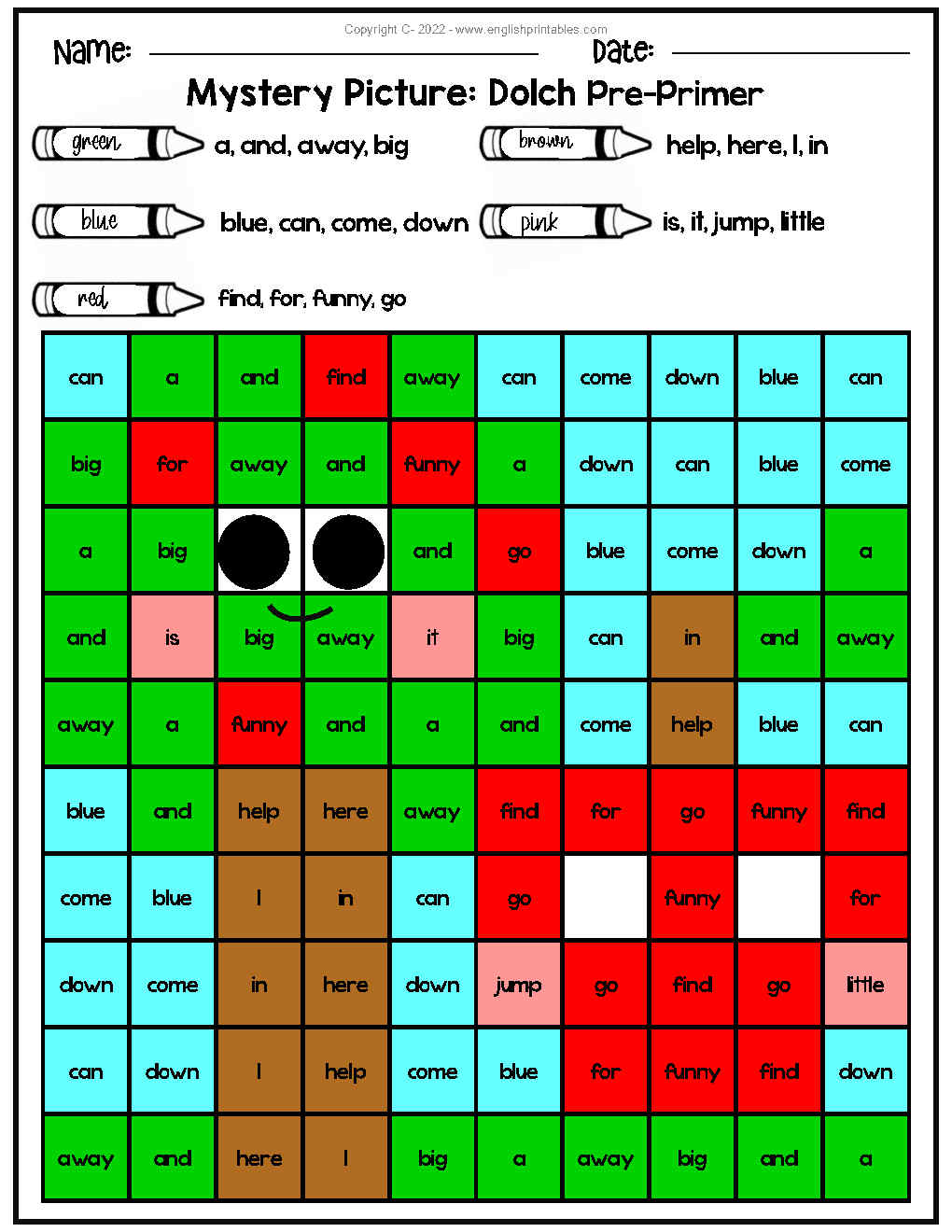
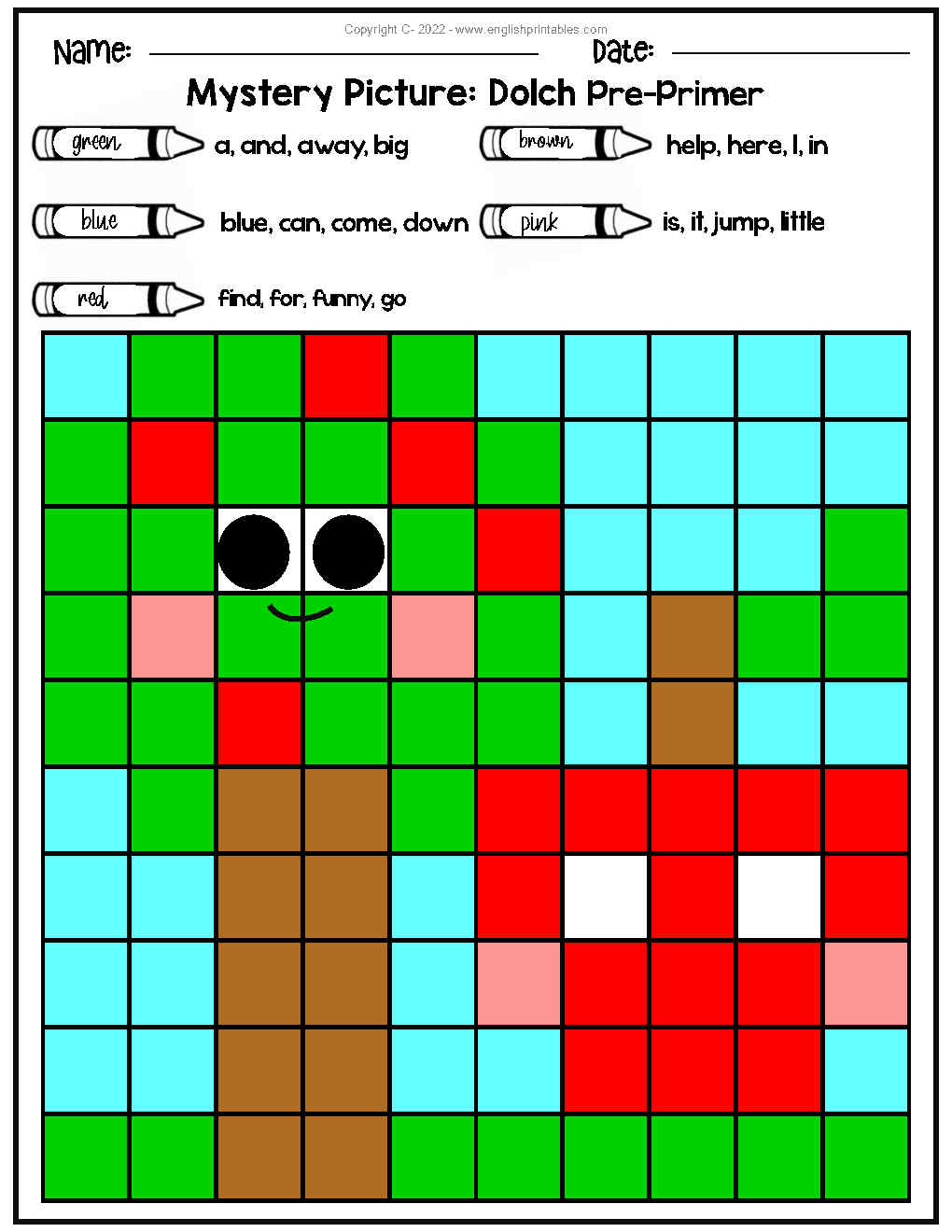
Starting perusers ought to foster sight words to help early perusing. These are tips en route to show sight words to kindergarteners and pre-k
As you present sight words, match them with books that are loaded up with the words you’re zeroing in on. There are numerous texts composed explicitly for starting perusers that utilize examples and redundancy to show sight words.
The objective is to give youngsters bunches of openness to the new words and to do as such in a setting where they can make progress.
Starting perusers ought to peruse a similar book at least a time or two, furnishing them with additional open doors for training and fostering trust in there perusing.
6. Match Reading and Writing with Sight Words

One more extraordinary procedure for how to show sight words is to exploit the connection between perusing and composing. At the point when youngsters figure out how to compose a word, they can regularly peruse it too.
As you’re showing sight words and consolidating the utilization of evened out texts, consider ways of including composing also. One way is to utilize a sentence come from a book youngsters have recently perused.
Utilizing the previous illustration of a designed message that starts each page with “I’m,” youngsters could compose their own “I’m” sentence in the wake of perusing the book. This gives them work on composing two sight words.
Allowing them to pick their own closure for the sentence permits them to customize their composition. A few kids might wish to go above and beyond than thinking of one sentence and can make their own “I’m” book.
7. Utilize Sensory Items For Writing Sight Words

Starting perusers ought to foster sight words to help early perusing. These are tips en route to show sight words to kindergarteners and pre-k
Preschoolers and kindergarteners might appreciate investigating various modalities to compose words. Have them explore different avenues regarding chalk, whiteboard markers, or pastels.
They can likewise work on composing their words in salt plate, shaving cream, or sand. As well as composing sight words, kids can fabricate the words utilizing materials like attractive letters, letter tiles, or stamps.
Starting perusers ought to foster sight words to help early perusing. These are tips headed to show sight words to kindergarteners and pre-k.
8. Utilize Visual Cues (Word Wall)
An extraordinary device to assist kids with recalling how to compose sight words is a word divider. This is a visual showcase of words they have been acquainted with.
Word dividers can be placed upon a divider or release board or can be a little, individual graph kept at a kid’s table or work area. It’s essential to ensure that words are shown obviously, with the letters framed accurately. Starting perusers and authors can find extravagant print befuddling.
Word dividers are likewise an incredible method for monitoring which sight words you have presented. They additionally give one more way to kids to audit their words.

9. Sight Word Games
Subsequent to presenting another word, we would rather not leave it before a youngster has had sufficient chances to cement its review. Sight word games are an incredible method for showing sight words by inspecting and adding new words.
Starting perusers ought to foster sight words to help early perusing. These are tips headed to show sight words to kindergarteners and pre-k
One illustration of a sight word game is Memory. Each word should be composed on two cheat sheets. Every one of the cheat sheets is turned over, face down.
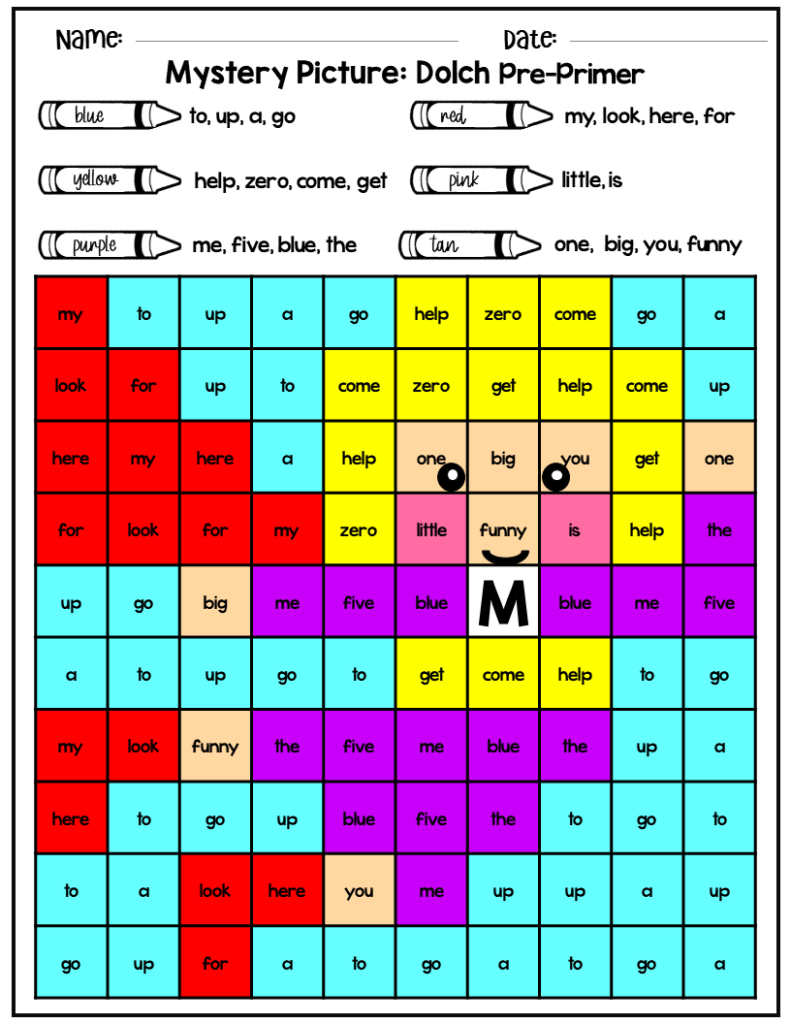
Every player alternates picking two cards. On the off chance that they match, the player keeps the cards and gets another turn. On the off chance that they don’t coordinate, the player flips the cards back finished and the following player has a turn.
The game finishes once every one of the cards has been coordinated. The champ is the player with the most matches.
Another basic sight word game is Zoom. A sight word is composed on each blaze card. A similar word can be composed of several cheat sheets in the event that you like.
“Zoom” is imprinted on a few cheat sheets. Players alternate picking a card from the deck. In the event that they pick a sight word, they read the word and place the card in their own heap.
In the event that they pick a “zoom” card, they get to take everybody’s cards. When every one of the cards has been picked, the player with the greatest heap wins.
Sight Word Bingo is one more way for youngsters to audit their sight words. Bingo cards made for dry delete markers can be reused yet paper and pencil additionally work.
Every player needs a bingo card that has an alternate sight word in each case. You likewise need a deck of cheat sheets with each word composed on a card.
One individual picks a card and peruses the sight word. The players take a gander at their bingo card to check whether they have the word, If thus, they verify it.
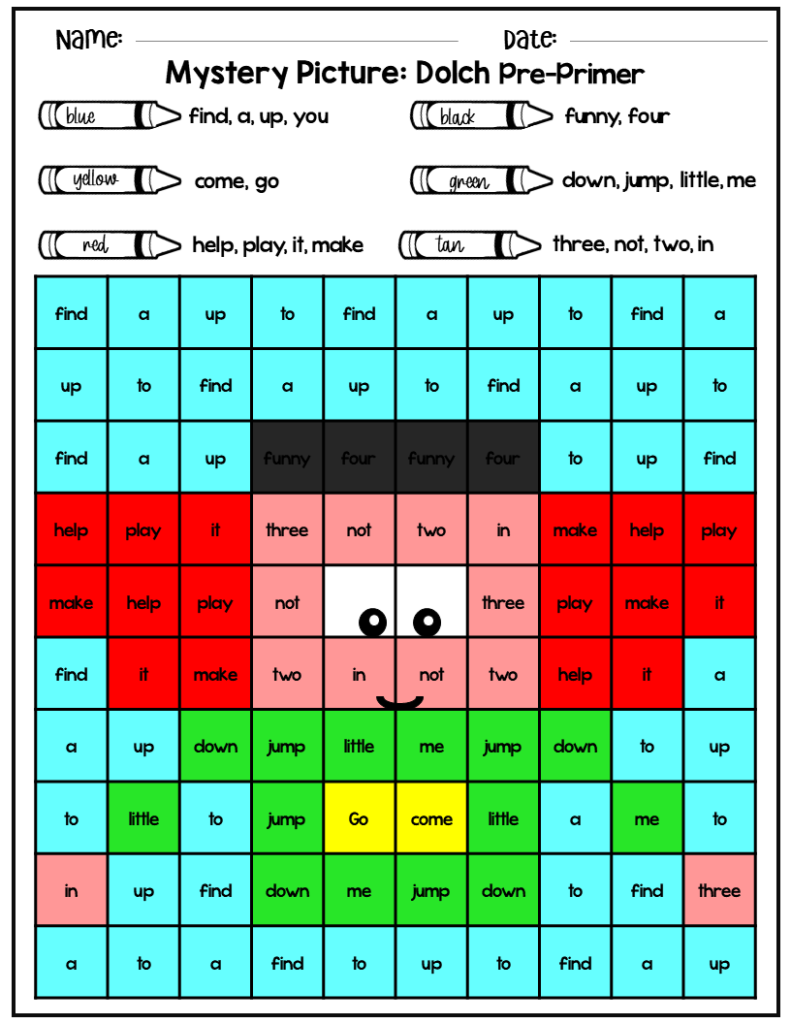
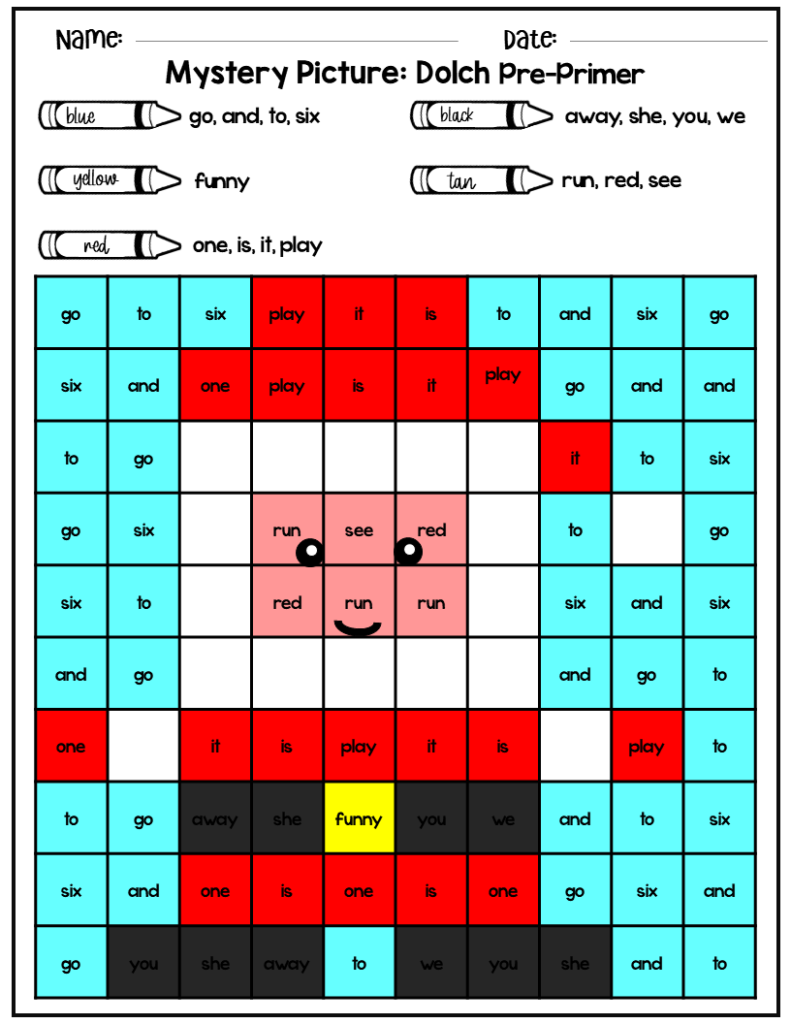




One Comment